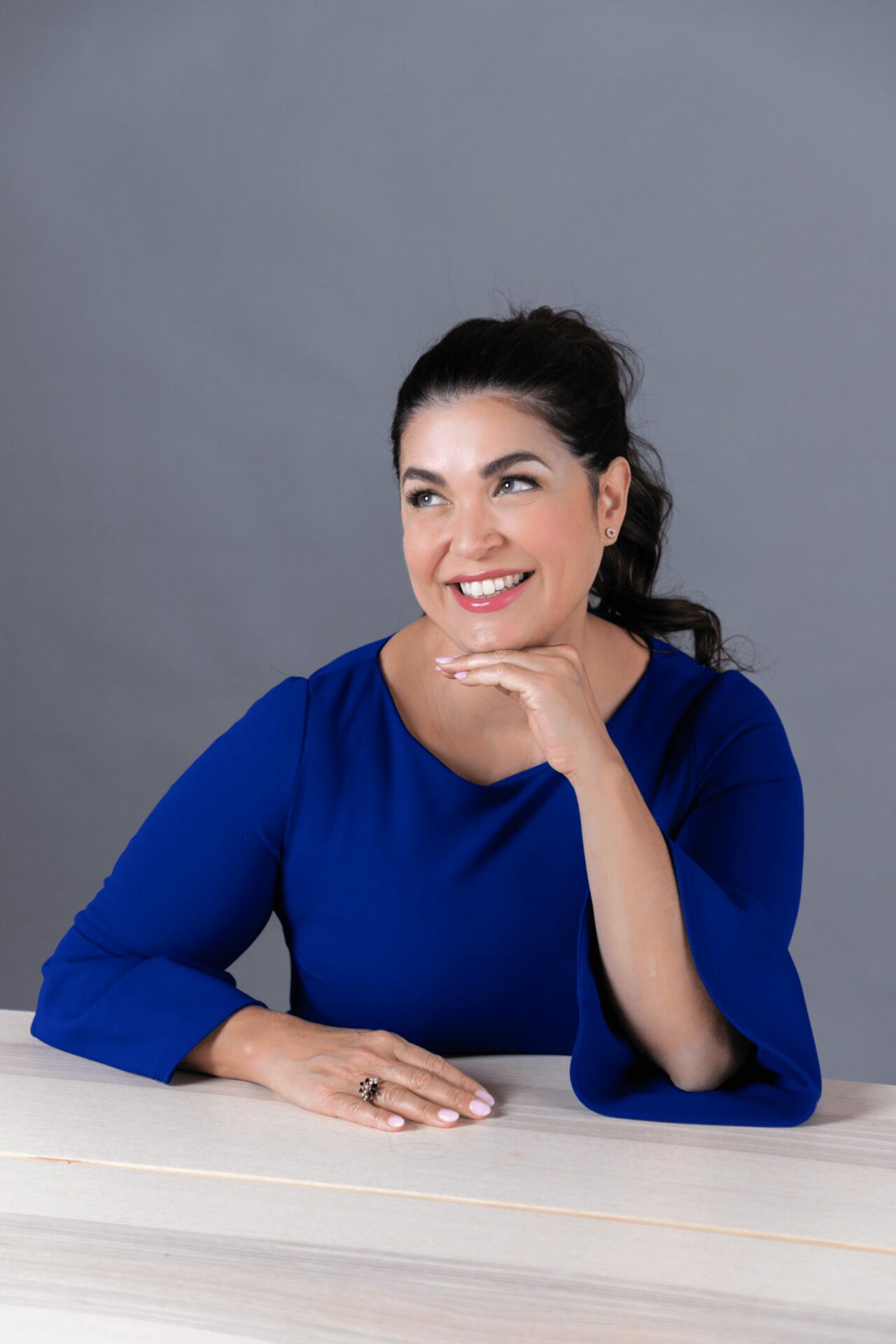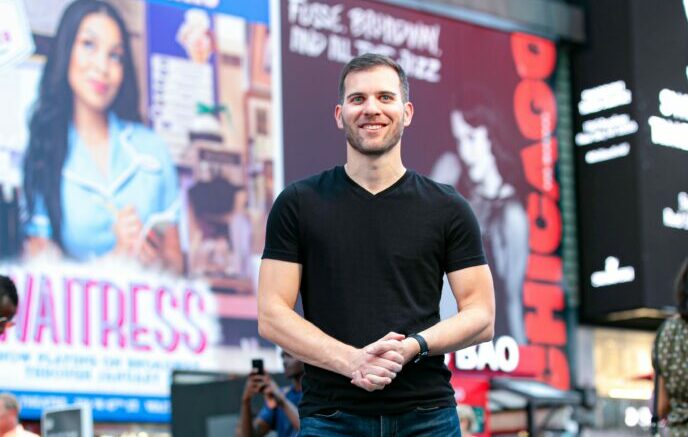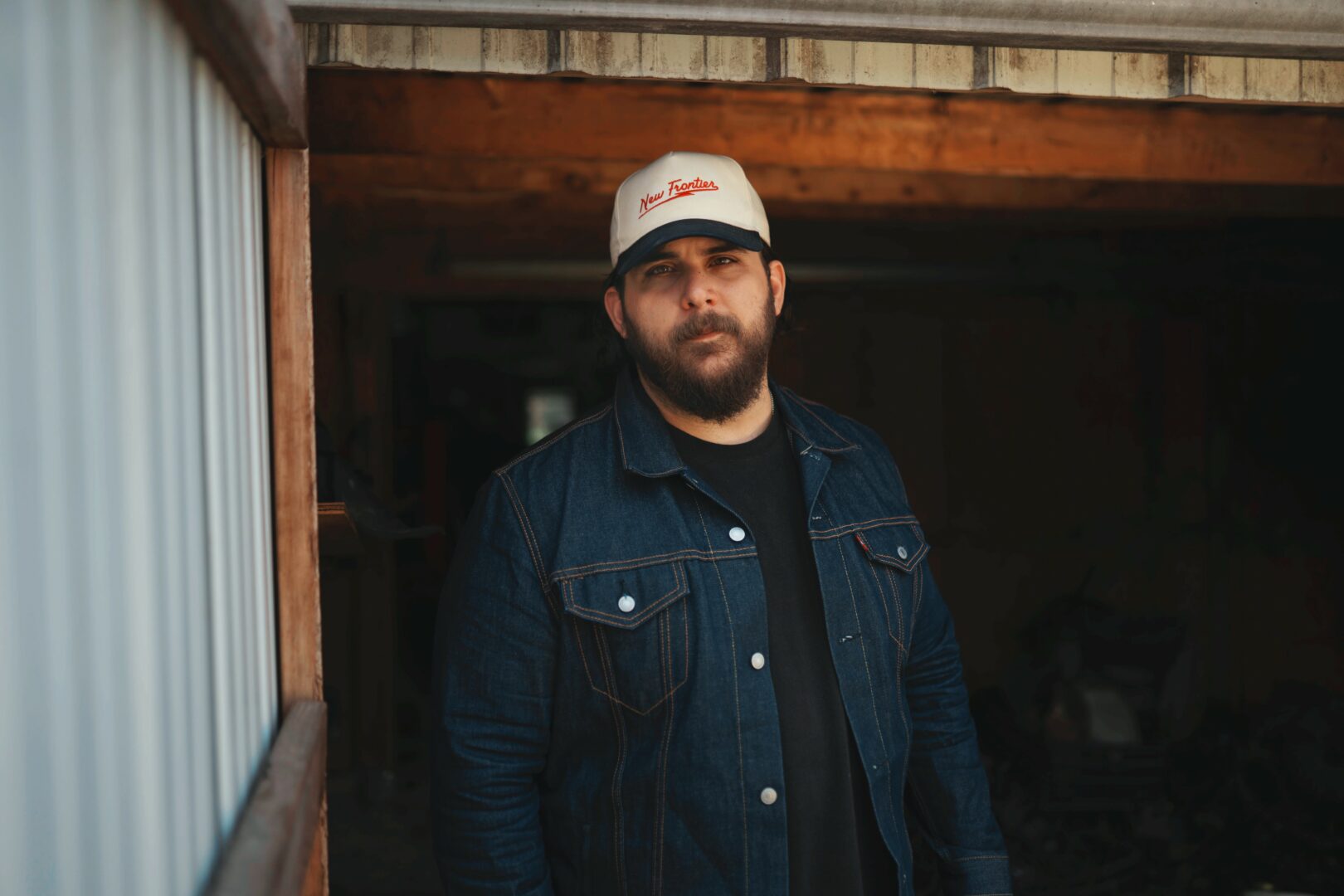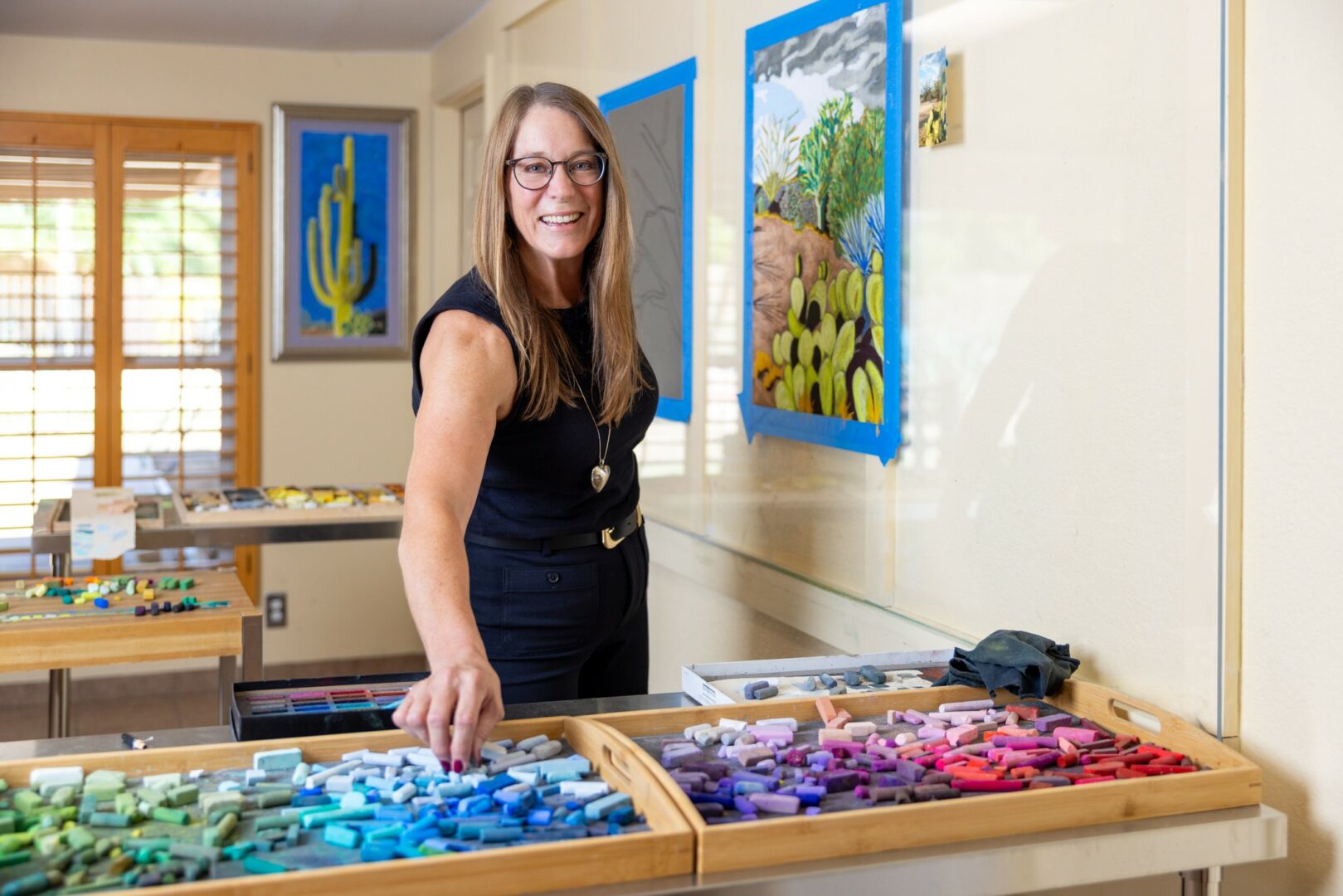We recently connected with Sandra Elia and have shared our conversation below.
Sandra, so good to have you with us today. We’ve always been impressed with folks who have a very clear sense of purpose and so maybe we can jump right in and talk about how you found your purpose?
Finding my purpose was profoundly influenced by a deeply emotional moment in my childhood. In the summer of 1981, between grades four and five, I sat in a doctor’s office with my mother, who was an immigrant to Canada. I was both her advocate and translator as she didn’t speak English. The doctor coldly stated that my mother would die in two months if she didn’t lose weight. Translating these devastating words into Italian for my mother without breaking her spirit, I watched her sink into her chair, burdened by shame and despair. In that moment, I felt a profound sense of responsibility and a deep sadness for the pain my mother endured. This experience ignited a fire within me to fight for those struggling with food addiction, ensuring they never feel the same isolation and hopelessness my mother did.
This experience and many similar ones ingrained in me the deep desire to fight for those struggling with food addiction. From a young age, I witnessed my mother’s battles with weight and the harsh judgment she faced from medical professionals who should have been her allies. Her depression and comfort eating were met with fat-shaming instead of compassion, leading to repeated hospitalizations and breakdowns. I fought tirelessly to get her the help she needed, feeling like I was failing each time.
My mother asked me almost daily, “Sandra, what have I done with my life?” As a child, I couldn’t comprehend this question, but as an adult, it has fueled my work in Food Addiction Recovery. Through my book, “Never Enough: Three Pillars of Food Addiction Recovery,” I aim to answer that question by helping others overcome their food addiction. In doing so, I feel I am saving my mother through each person I assist.
Today, I dedicate my work to other food addicts in honor of my mother. Her struggle and strength inspire me every day. Though she never received the help she needed, her determination continues to guide me. I carry her legacy forward, knowing she would be proud of my efforts. My purpose is to help others find freedom from food addiction, offering them the support and compassion my mother deserved but never received.
This purpose is deeply intertwined with my belief in the divine magnificence within each of us. We all possess a perfect place inside, a powerful center from which we can create and live our truth. By connecting with this inner peace, we can overcome the challenges of food addiction and build fulfilling lives. My journey and the guidance I offer are rooted in this understanding, aiming to transform lives by helping others realize they are enough, just as they are.

Appreciate the insights and wisdom. Before we dig deeper and ask you about the skills that matter and more, maybe you can tell our readers about yourself?
As a Certified Food Addiction Counselor and pioneer in the field, my journey has been both personal and professional. I have transformed my own life from struggling with obesity to maintaining a healthy weight for over 15 years. My mission is to help others achieve peace and neutrality with food, addressing not just the physical aspects but also the emotional and spiritual components of recovery.
My work is multifaceted, focusing on developing programs and partnerships to support individuals with food addiction. I run Canada’s only outpatient Food Addiction Recovery Program and co-created Canada’s first 28-day residential treatment program for food addiction at the Renascent Addiction Rehab Centre in Toronto. My programs emphasize eliminating trigger foods, developing spirituality and mindfulness, and belonging to a supportive network.
What excites me most about my work is witnessing the transformation in my clients’ lives. They not only lose weight but also find peace with food, improve their overall well-being, and develop healthier relationships with themselves and others. My book, “Never Enough: Three Pillars of Food Addiction Recovery,” provides a comprehensive guide for those struggling with compulsive eating, offering scientifically proven methods and personal insights from my own journey.
Through my work, I aim to change the conversation around obesity and food addiction, advocating for treatment rooted in dignity, respect, and understanding. My ultimate goal is to ensure that anyone living with elevated weight or obesity has access to the compassionate and effective help they need to reclaim their lives
There is so much advice out there about all the different skills and qualities folks need to develop in order to succeed in today’s highly competitive environment and often it can feel overwhelming. So, if we had to break it down to just the three that matter most, which three skills or qualities would you focus on?
Looking back, the three qualities that were most impactful in my journey were resilience, compassion, and a commitment to continuous learning. These qualities helped me transform my life and establish a career dedicated to helping others overcome food addiction.
Resilience: Overcoming food addiction and maintaining a healthy lifestyle requires a deep well of resilience. It’s about getting back up after every setback and continuing to move forward despite the challenges. For those early in their journey, focus on building resilience by setting small, achievable goals and celebrating each victory, no matter how small. Remember that setbacks are a part of the journey, not the end of it.
Compassion: Compassion, especially self-compassion, is crucial. Learning to treat yourself with kindness and understanding, rather than criticism and judgment, can make a significant difference. This quality helps you to be patient with yourself during tough times and to forgive yourself for mistakes. Practice self-compassion by speaking to yourself as you would to a friend in similar circumstances and by acknowledging your efforts and progress.
Continuous Learning: The field of food addiction and recovery is constantly evolving, and a commitment to learning is essential. Stay informed about the latest research and strategies for managing food addiction. This can involve reading books, attending workshops, and seeking guidance from professionals in the field. Continuous learning helps you to adapt and find the methods that work best for you.
For those early in their journey, my advice is to cultivate these qualities actively. Build resilience by embracing challenges as opportunities for growth. Practice compassion by being gentle with yourself and recognizing that recovery is a process. Commit to learning by staying curious and open to new information and approaches. These qualities will support you in creating a healthier, more balanced relationship with food and yourself.
One of our goals is to help like-minded folks with similar goals connect and so before we go we want to ask if you are looking to partner or collab with others – and if so, what would make the ideal collaborator or partner?
Absolutely, I am always looking for like-minded individuals and organizations to partner or collaborate with. My mission is to create a world where individuals can develop a healthy and loving relationship with their bodies and food. Here are the types of folks I’m looking to collaborate with and how you can connect with me:
Healthcare Professionals: Doctors, nutritionists, therapists, and other healthcare providers who are passionate about treating food addiction and obesity with compassion and dignity. Collaborating with professionals who share this vision can help expand the reach and effectiveness of our programs.
Wellness and Fitness Experts: Trainers, coaches, and wellness experts who focus on holistic health and promote a positive body image. Your expertise can help enhance the physical and emotional well-being of those we serve.
Media and Content Creators: Writers, podcasters, bloggers, and influencers who are committed to spreading awareness about food addiction and healthy living. Sharing stories, tips, and resources can inspire and educate a wider audience.
Nonprofits and Advocacy Groups: Organizations dedicated to fighting obesity, promoting mental health, and advocating for better healthcare policies. Working together can amplify our collective impact and drive meaningful change.
Corporate Sponsors: Companies that align with our values and want to support initiatives that promote health, wellness, and body positivity. Your support can help fund programs, research, and outreach efforts.
I am particularly excited about launching a talk show dedicated to loving your body, loving your food, and achieving health and vitality for women. This show will feature expert interviews, success stories, and practical advice to help women everywhere embrace a healthier and more joyful relationship with their bodies and food.
If you are interested in partnering or collaborating, please reach out to me through my official website, SandraElia.com, or connect with me on social media via Facebook at @FoodAddictionProgram and Instagram at @sandraelia.ca. or email at [email protected].
Together, we can make a significant difference in the lives of many.
Contact Info:
- Website: https://sandraelia.com
- Instagram: https://sandraelia.ca
- Facebook: https://www.facebook.com/foodaddictionprogram/
- Linkedin: https://www.linkedin.com/in/sandra-elia/
- Youtube: https://www.youtube.com/@foodaddictionrecoverybysan4611
so if you or someone you know deserves recognition please let us know here.




